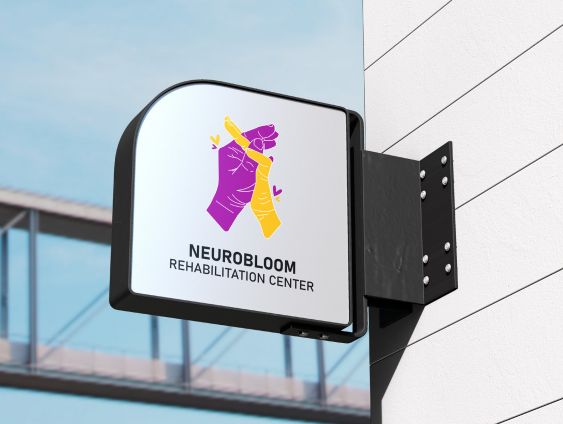Making the decision to enroll your child in a rehabilitation program can feel overwhelming, emotional, and full of unknowns. But you are not alone—and this step is a courageous, positive move toward helping your child thrive. Before therapy officially begins, there are powerful ways you can support your child (and yourself) through this transition.
This guide offers practical parenting strategies to prepare your family—emotionally, mentally, and logistically—for the journey ahead.
❤️ 1. Start with Acceptance and Positivity
Children are intuitive. Your attitude toward therapy will greatly influence how they feel about it.
What You Can Do:
- Focus on strengths—not just the challenges
- Talk about therapy as a helpful adventure, not a “fix”
- Remind them that everyone learns differently, and that’s okay
- Avoid expressing anxiety or guilt in front of them
“We’re going to a place where amazing people will help you get even better at things you already do!”
🧠 2. Educate Yourself First
Before starting therapy, learn about:
- Your child’s diagnosis (if one exists) or areas of developmental concern
- What therapy types (OT, PT, Speech, Behavioral) involve
- The specific goals a rehab center might target
Why it helps: It reduces fear, empowers decision-making, and helps you become a more confident advocate.
🗣️ 3. Have Honest, Age-Appropriate Conversations
Even young children benefit from understanding what’s happening. Keep it simple and positive.
For Younger Kids (2–5):
- “You’re going to play with some new friends who will help you grow strong and smart!”
For Older Kids (6+):
- “Therapists will help you with things like moving, talking, or learning. They’ll work with you so that things feel easier.”
Tips:
- Show pictures of the center or therapists if available
- Read children’s books about therapy or doctor visits to normalize it
🏠 4. Start Light Home Routines
Introducing therapy-like activities at home can make the transition smoother.
Try simple activities such as:
- Sensory play (e.g., rice bins, water play)
- Movement games like crawling, jumping, and balancing
- Reading together to boost language and bonding
- Practice daily routines like brushing teeth, buttoning clothes, or tidying up toys
Even 10–15 minutes a day of these focused interactions builds familiarity with therapeutic structure.
📅 5. Establish Consistent Routines
Therapy thrives on structure. Begin setting regular wake-up, mealtime, and quiet time routines.
Why it matters: Predictable schedules help reduce anxiety and improve cooperation when therapy begins.
🤝 6. Connect with the Rehab Center Early
Before enrollment:
- Ask for an orientation or facility tour
- Meet the team or therapist (if possible)
- Share your child’s medical, developmental, and emotional background
- Ask how you can prepare your child based on their approach
This creates a collaborative relationship and ensures your child’s needs are better understood from day one.
🧘 7. Prepare Emotionally—For You
It’s natural to feel nervous, guilty, or uncertain. But remember: seeking help is strength, not failure.
Self-Care Tips:
- Talk to a trusted friend, counselor, or support group
- Keep a journal to track your thoughts and your child’s progress
- Celebrate this decision—you’re giving your child a gift
✨ Final Thought
Rehabilitation is not the end of a road—it’s the beginning of a brighter, supported journey. Preparing your child (and yourself) before therapy begins lays the foundation for lasting growth, trust, and transformation.
Our team is here to guide you through every step. If you’re considering enrolling your child, contact us for an orientation or one-on-one parent consultation. Let’s walk this path together.

